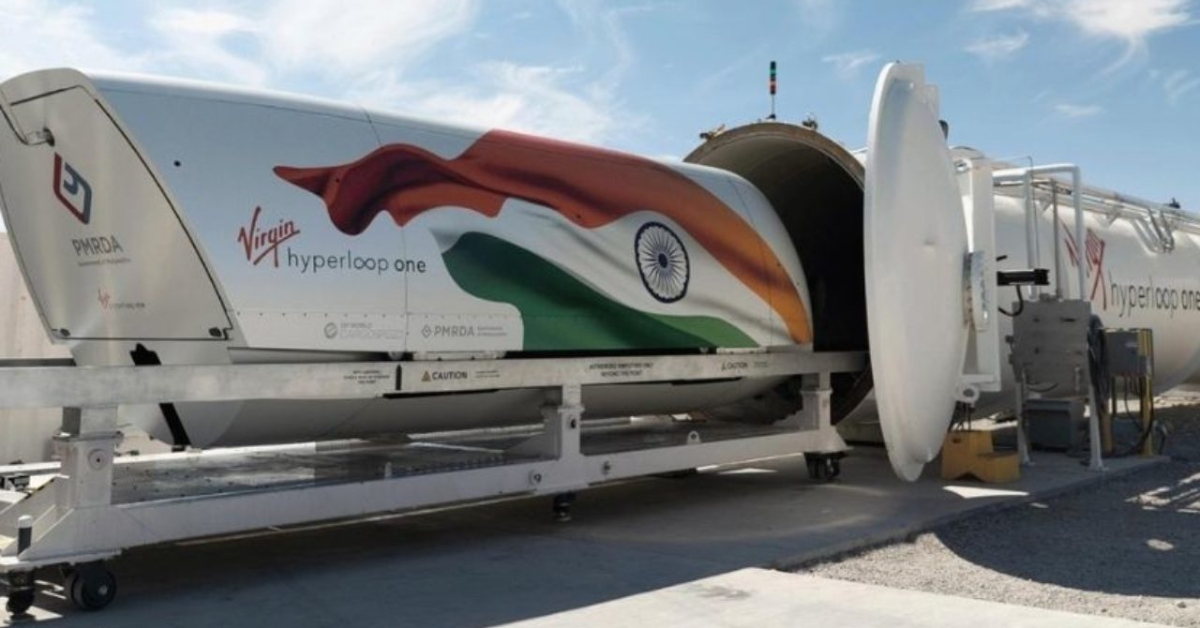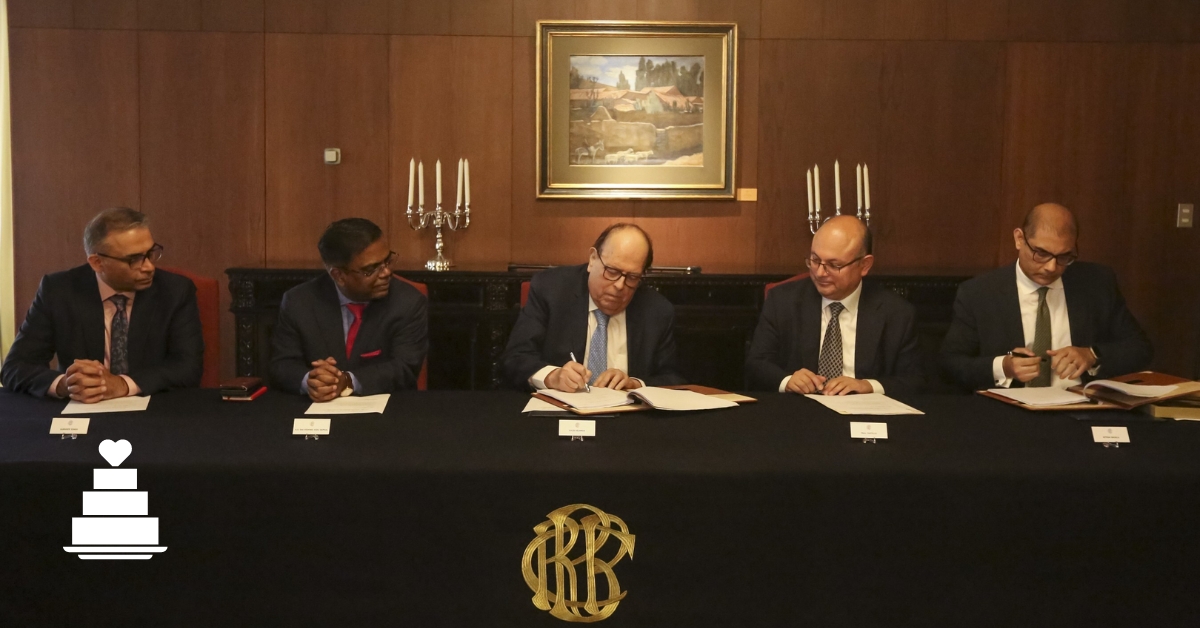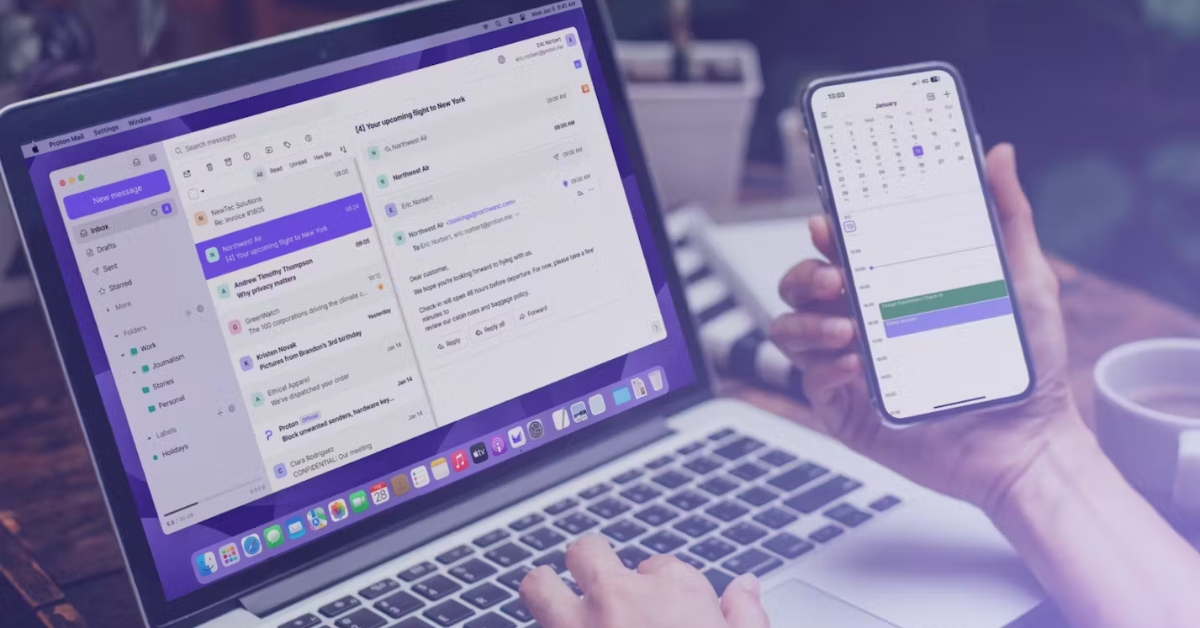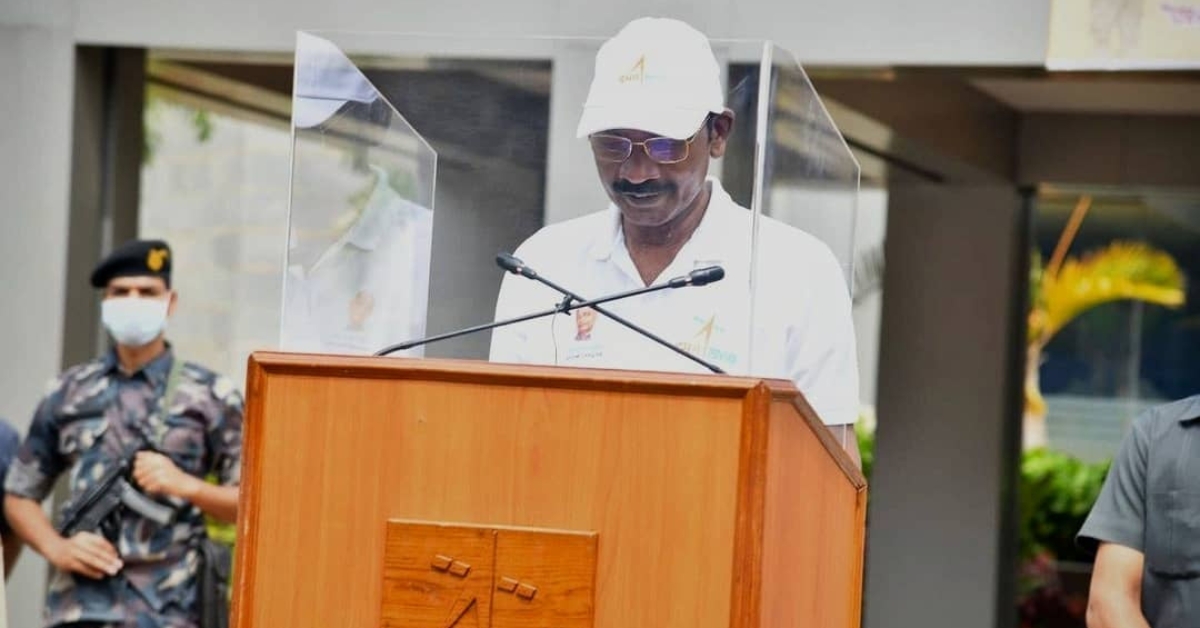India pauses hyperloop plans citing tech maturity concerns; boosts lithium battery production and alternative fuel trials.
Table of Contents
India Takes Cautious Approach to Hyperloop Integration
India is stepping back from integrating hyperloop technology into its ultra-high-speed train network, with a top official citing concerns over its maturity and economic feasibility.
V K Saraswat, a member of the NITI Aayog and leader of a committee examining the Virgin Hyperloop technology, expressed skepticism about the rapid integration of this futuristic transportation method into India’s infrastructure.
Technological Maturity a Concern
During a conversation with PTI, Saraswat explained, “Hyperloop technology, as far as we are concerned, we found that the offer which came from foreign countries are not very viable options. They are at a very low level of maturity of technology.”
The implication is clear: India is unwilling to invest heavily in a technology that has yet to prove itself commercially and operationally.
The Hyperloop Test Run: A Milestone Yet to Convince
Despite the Virgin Hyperloop’s significant test run on November 9, 2020, in Las Vegas, USA, where a pod reached speeds exceeding 161 km/hr, Indian authorities remain unconvinced.
The successful test demonstrated the basic functionality of the hyperloop concept, but it seems it did little to sway Indian officials regarding the technology’s readiness for large-scale adoption.
The Status of Virgin Hyperloop in India
Virgin Hyperloop has been recognized as a potential game-changer in passenger transport, with Maharashtra labeling the Hyperloop project as a public infrastructure initiative and acknowledging Virgin Hyperloop-DP World Consortium for the Mumbai-Pune project.
However, Saraswat’s comments cast doubt on the immediate continuation of these ambitious plans.
India’s Dependence on Lithium Imports
Switching gears to India’s energy concerns, Saraswat touched upon India’s reliance on lithium imports for its battery needs, highlighting its current dependency on Chinese products.
“But mostly, it is from China because of competition. The Chinese batteries are cheaper,” he stated, underlining the market-driven nature of this dependence.
A Push for Domestic Battery Production
In light of the situation, India has been incentivizing the domestic production of lithium-ion batteries.
“Hopefully, next year you will have a couple of business houses going into production on a large scale for manufacturing of lithium-ion batteries in the country,” Saraswat projected, indicating a shift towards self-reliance.
Global Lithium Market Dynamics
About three-quarters of India’s lithium-ion battery imports are sourced from China.
However, India is looking beyond its borders, engaging with lithium-rich countries like Chile and Bolivia.
Saraswat noted that private Indian companies are already forging business-to-business agreements to secure lithium directly from mines in these countries, hinting at a strategic diversification of India’s lithium supply chain.
Alternative Fuel Initiatives in India
Regarding alternative fuels, the government is showing a commitment to methanol.
Saraswat reported successful trials of blending methanol with diesel, conducting these trials in collaboration with Bangalore Metropolitan Transport Corporation (BMTC) and vehicle manufacturer Ashok Leyland, indicating progress in India’s pursuit of alternative energy sources.
Conclusion
India’s stance on hyperloop technology is one of cautious evaluation, prioritizing technological maturity and economic viability over rapid adoption.
Meanwhile, efforts to reduce reliance on lithium imports and explore alternative fuels demonstrate a broader strategy to diversify India’s energy portfolio and transportation technologies for the future.






